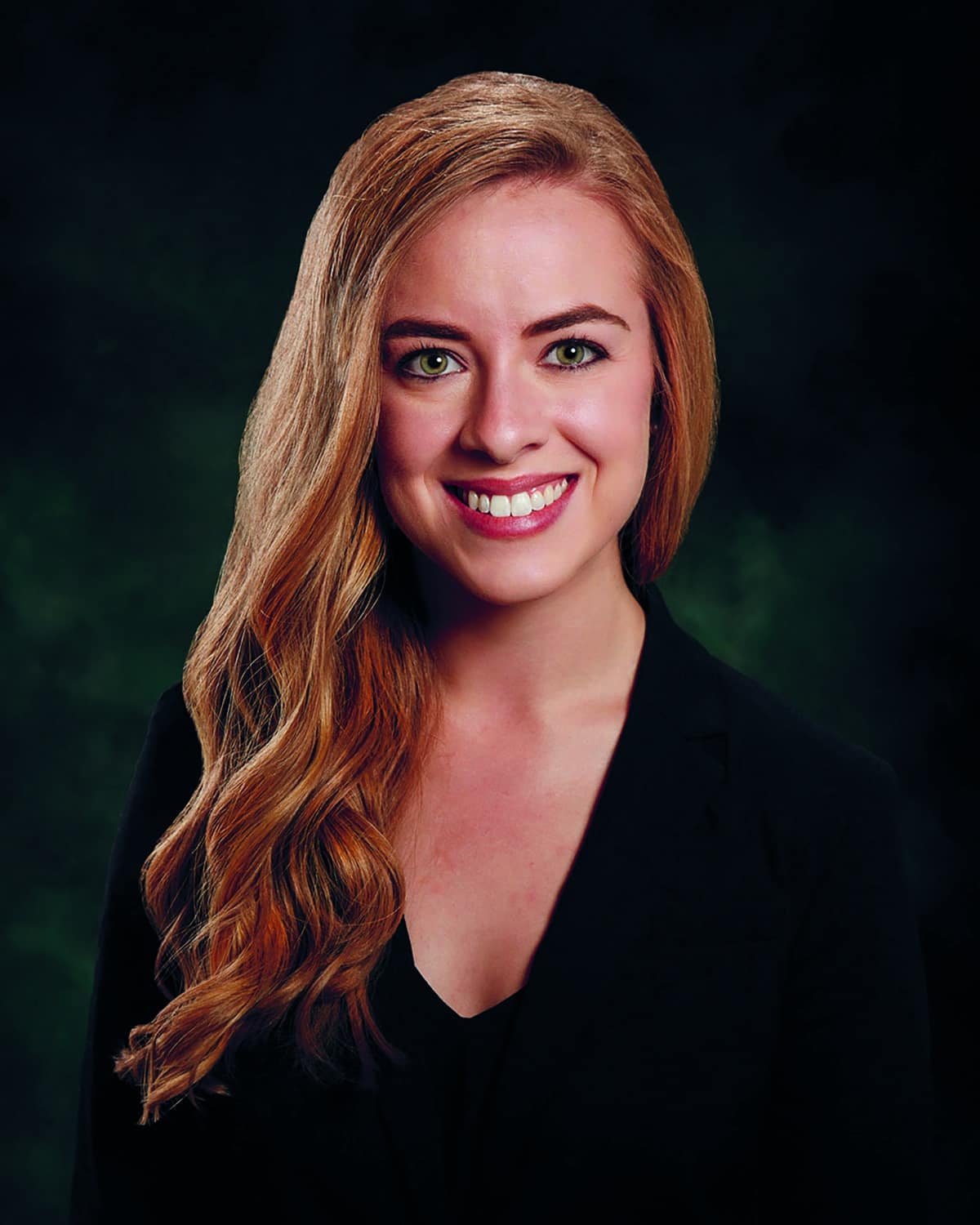
The FEMAP Foundation is an El Paso, TX-based organization that helps sustain the programs that provide for the health, economic and educational needs of poor people in northern Mexico, administered through the Mexican Federation of Private Associations. Leading the foundation is Megan Knox, a 2013 graduate of DMU’s master of public health program.
“FEMAP provides comprehensive services that fit what the community needs,” says Knox, who became its executive director in February 2017. “It’s an incredible model that addresses broad determinants of health.”
The organization’s services include two critical care hospitals, a nursing school, a micro-enterprise incubator, outreach programs for children and youth, and several health promotion programs. Its community health worker program was the second program of its kind in the world and the first in the Americas.
Public health professionals like Knox know that health disparities, diseases and related health issues don’t stop at borders. For example, while most Americans think of tuberculosis as a thing of the past, the disease is a threat in communities along the U.S.-Mexico border.
“Looking at solutions that transcend borders and transform lives can help us eradicate not only TB, but many other persistent health issues,” Knox stated in an editorial published Sept. 21 in the El Paso Times. “This is where FEMAP comes in. We approach poverty as a preventable disease, with programs designed to prevent or ameliorate its worst effects.”
Knox once thought she’d go to medical school, but that changed when, as an undergraduate, she participated in research on vaccine optimization for hookworm in Bangladesh. She returned to the impoverished country as a DMU student for her M.P.H. capstone project, a follow-up study of her earlier work.
“I realized that treating individuals, one at a time, was not going to provide a permanent solution for the societal and infrastructural challenges underlying infectious diseases, and that a larger, more sustainable impact could be possible through public health advocacy and initiatives,” she says.

“I discovered that I could meld my love of health care with my passion for health equity,” she says.
At the FEMAP Foundation, Knox is able to pursue both her professional interests and build a career that has real impact.
“We really see our work as a true model of the good will and solidarity between the two countries,” she says.

